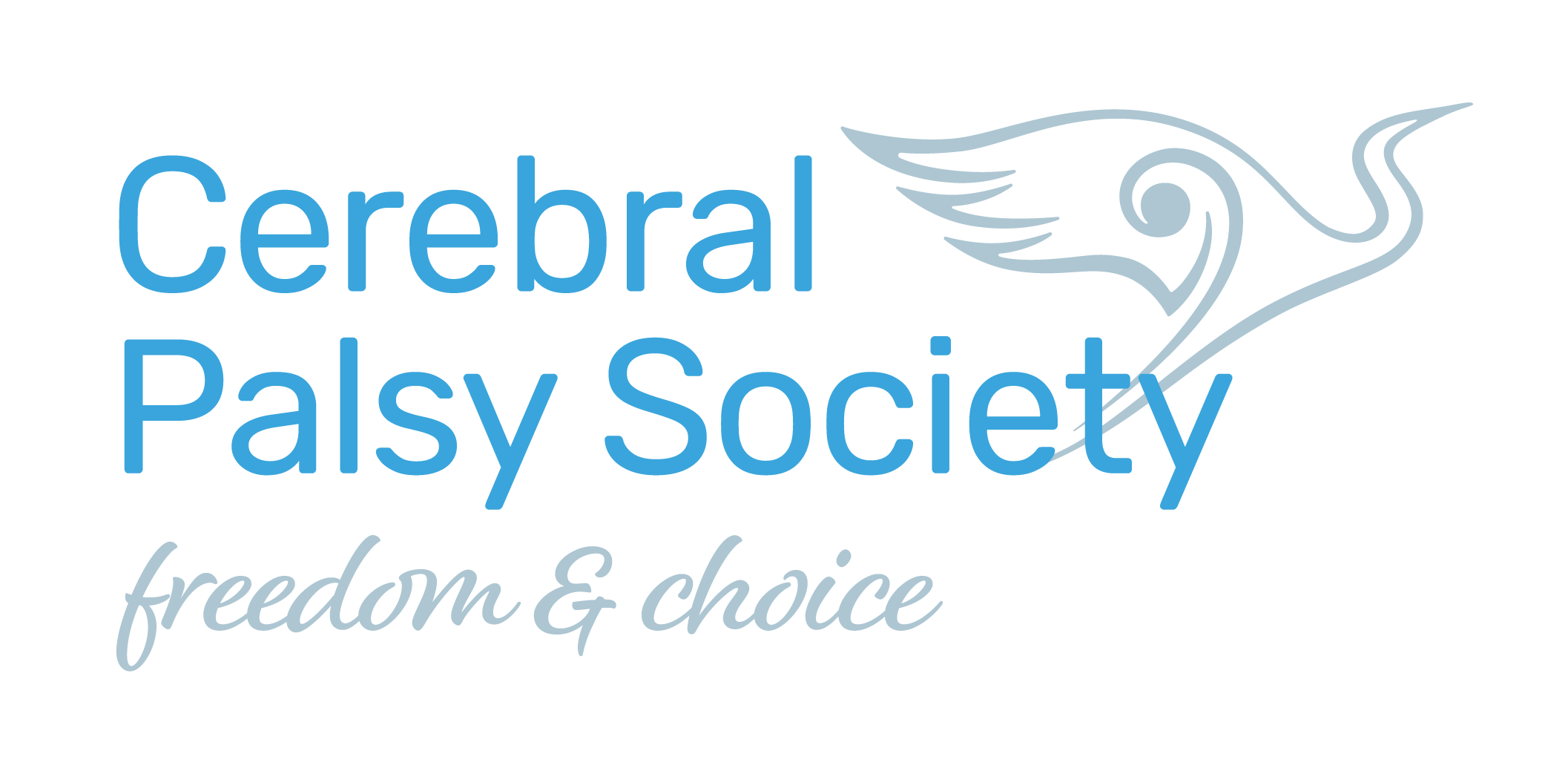Research
Participating in research makes a difference
21 Mar 2022
Understanding Cerebral Palsy
By Amy Hogan
When you are a part of any community, getting approached to participate in research can be a common occurrence – even if it’s just market surveys from the local supermarket.
When you live with Cerebral Palsy or other health conditions, this is often even more frequent as researchers try to understand the reality of a disability.
As a researcher who lives with Cerebral Palsy, I can understand why they want to recruit people for their studies, and equally, why it may not seem useful or relevant.
However, participating in the research process, if you are able, can be worthwhile.
Cerebral Palsy is a complicated condition. The old cliché is that “if you’ve met one person with Cerebral Palsy, you’ve met one person with Cerebral Palsy”.
There are many differences in how the types and severity of the condition affect individuals and their families. But there are common elements that are worth studying.
For example:
• One of the research teams at Auckland University is looking at muscle development in children with Cerebral Palsy, which will have an impact on future exercise and treatment plans.
• The NZ Cerebral Palsy Register is looking to co-design a way for the diagnosis of Cerebral Palsy to be easier and clearer.
However, in order to present new initiatives about Cerebral Palsy, we need to understand the condition.
One of the clearest examples of research in action is around our understanding of Cerebral Palsy brain development and muscle movement.
For a long time, it was believed that once you’ve received a brain injury as a baby or child, there was little intervention that could be done to ease the effect of the complication.
We now know that there are significant gains to be made at many different points, eg straight after injury, and into childhood and adulthood.
To use a Cerebral Palsy specific example, conventional wisdom said that you shouldn’t use a “spastic muscle” too much or it will get worse. We now know that regular movement is important as long as it is done in the correct way.
There has been increasing research looking into the effect of “post-impairment syndrome”. Meaning, how does living with a condition diagnosed in early childhood impact the adult experience.
All of these discoveries came from people volunteering to be research participants while living with Cerebral Palsy, or a family member.
The more we can reflect the diversity of our community, the stronger our ability to intervene in management for specific conditions, eg swallowing experiences or respiratory health.
Want to know more?
To take part in a research project, or register interest in future studies email amy@cpsociety.org.nz or text 021 257 4102. More information is available here.
– Amy Hogan is CP Society’s Researcher and Member Support Advisor
This article was originally published in the Jan-Apr 2022 edition of The Review magazine.
For more information:
Melanie Louden
Communications Manager
melanie@cpsociety.org.nz
Mobile: 022 087 8191
RECENT POSTS
- Navigating change in the health and disability landscape
- Update: Respiratory and oral health in children and young adults with CP in Aotearoa New Zealand
- Understanding fatigue in disability: Insights and strategies
- The practicalities of disability and sleep
- Understanding latest advancements: hype, hope, and practicalities

